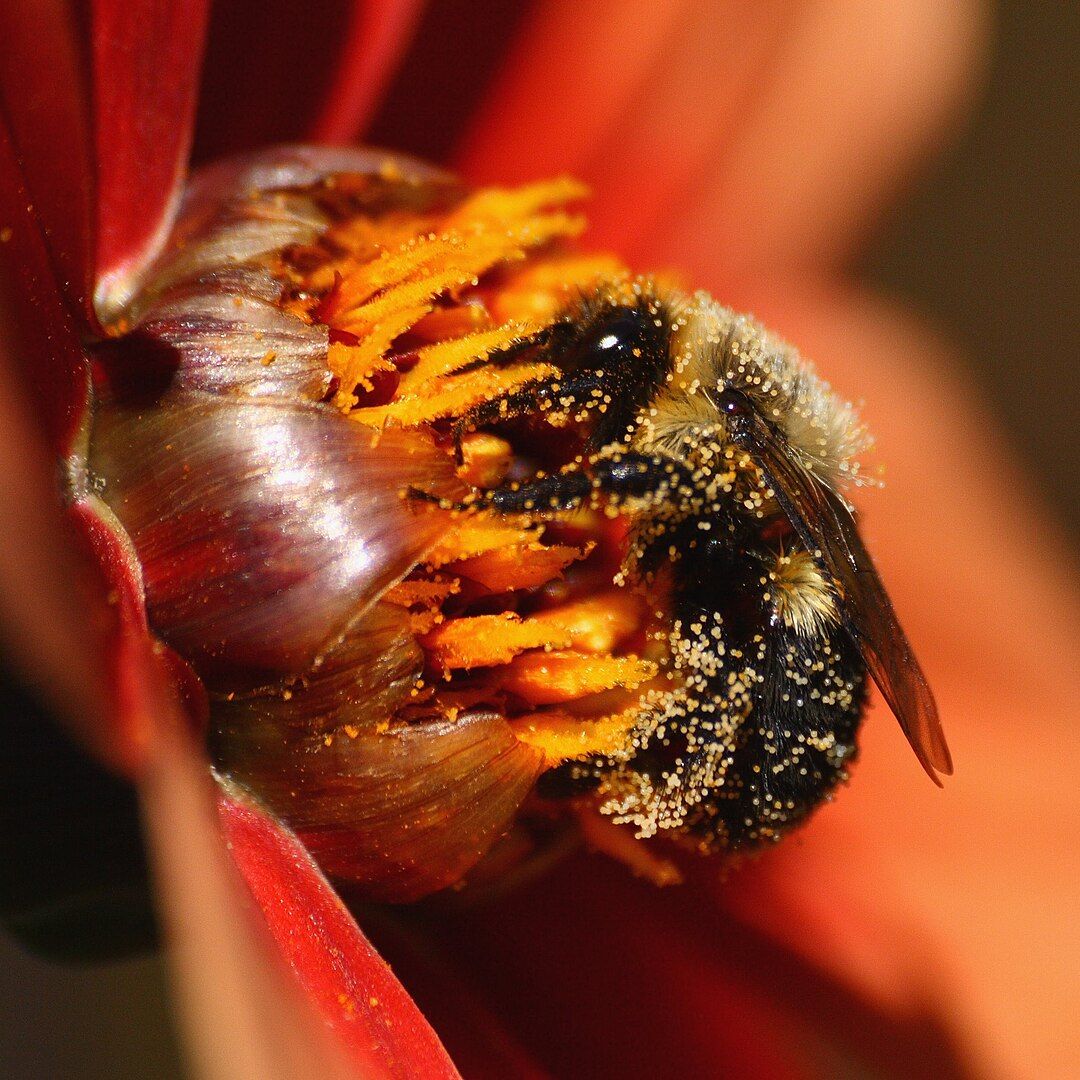
Usually regarded as a mere sugary reward, nectar actually contains compounds, the secondary metabolites (MSCs), that produce complex interactions between plants and pollinators. Some contribute to color, acting as a visual signal; others attract or repel insects, or enhance their immune response to pests. Nicotine and caffeine affect learning, memory, and flower loyalty. And these compounds can vary even within the same plant species. Further research may clarify the relationship between MSCs, pollinators, and plant reproductive success.

